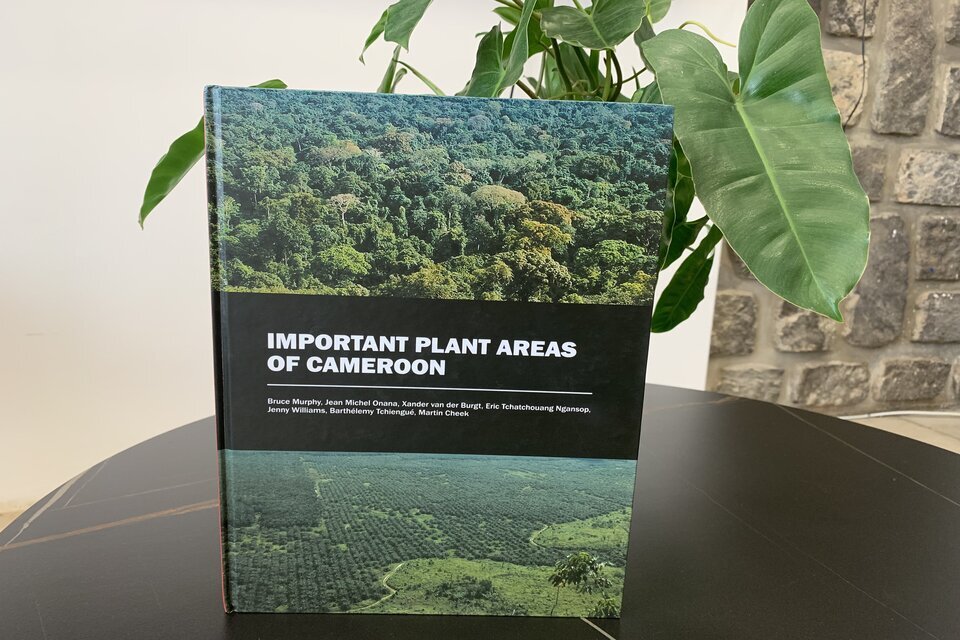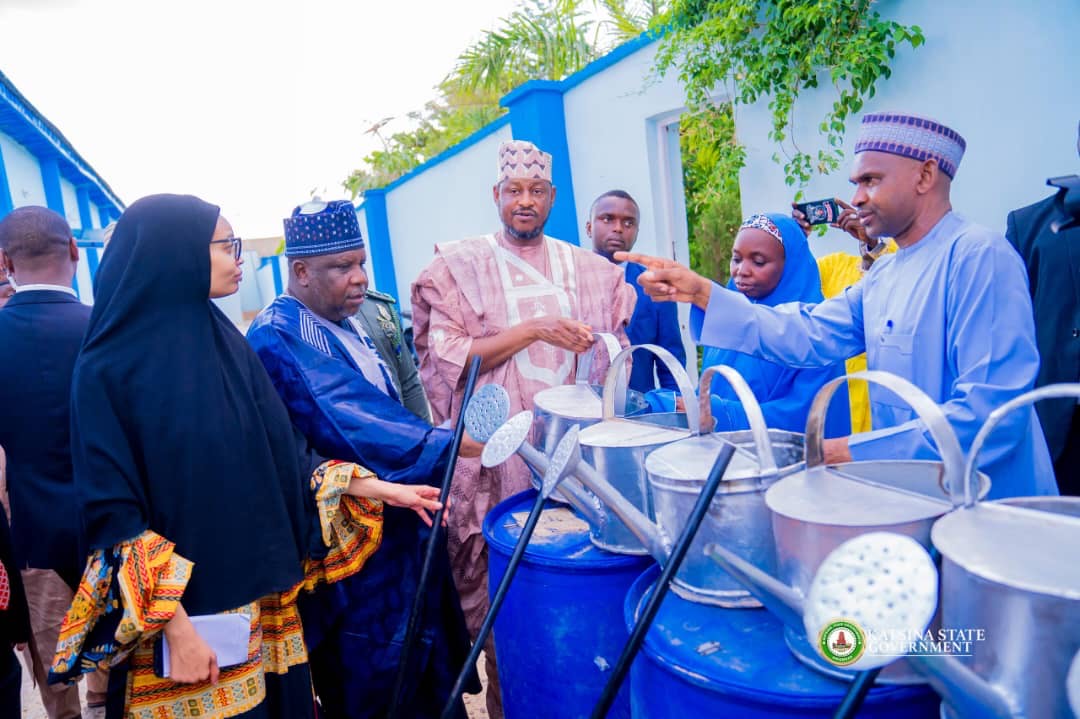Building Forward: The Strategic Value of Business Development in Africa

Business development is often misunderstood as sales by another name. But in Africa’s fast-evolving commercial and development ecosystems, it has become something much broader and more essential. It’s the work of discovering opportunities, designing entry points, and creating long-term value through insight, partnerships, and positioning. It’s not just about growth; it’s about intentional growth.
For both private enterprises and mission-driven organisations operating across the continent, business development and strategic support are how ambition becomes action. They offer a structured way to assess risk, identify whitespace, and connect high-level goals to on-the-ground realities. As competition intensifies and geopolitical and economic currents shift, African markets are demanding sharper strategy and more adaptive models. The organisations that succeed will be the ones that treat business development not as a reactive function, but as a continuous, insight-driven process.
At its core, business development is about aligning what an organisation offers with what the market needs, or will need. It includes market opportunity assessments, competitor and sector analysis, stakeholder mapping, and go-to-market strategy. But it also encompasses something more fundamental: helping organisations decide where to play, how to win, and who to work with to get there.
Strategic support, meanwhile, ensures that business development plans don’t stall at the concept stage. It involves translating insights into frameworks, building internal alignment, and crafting outreach plans that engage decision-makers and open doors. This can mean helping an international investor localise their approach in a West African country. Or supporting a pan-African startup in reshaping its B2B strategy for new regulatory landscapes. Or enabling a development agency to form more impactful delivery partnerships on a regional initiative.
In Africa, where informal markets coexist with high-growth sectors, and where local partnerships often determine scalability, the best strategies are not off-the-shelf, but are instead embedded in local insight and calibrated to regional realities.
The organisations that stand out in Africa’s diverse economies aren’t always the biggest or the most resourced. More often, they’re the ones with the clearest strategic lens. They know how to read the room in understanding what different stakeholders care about, what policies are on the horizon, and where the social or economic energy is shifting.
Business development in this context is a form of intelligence gathering. It helps de-risk expansion plans, pre-empt reputational challenges, and spot emerging alliances that can open new markets. Strategic support then gives those insights shape by defining clear objectives, building business cases, and engaging the right players at the right time.
For example, in Africa’s energy transition, players that entered early into off-grid solar or mini-grid markets recognised policy trends, consumer pain points, and investor appetite converging. Their development strategy wasn’t just market-based; it was insight-led. Similarly, fintech players who have succeeded in East Africa often combined product development with nuanced stakeholder engagement as a way to ensure they could operate effectively across regulatory zones, while simultaneously responding to local trust dynamics. Without this kind of strategic thinking, even well-funded ventures falter.
Consider the rise of Flutterwave, the Nigerian fintech company that achieved unicorn status through a strategy rooted not only in product development, but in regional positioning and partnership structuring. Rather than aiming for rapid expansion through one model, Flutterwave adjusted its offerings country by country, aligning with key banks and regulators in each. It invested in stakeholder trust before attempting scale, proving that a strong BD and strategy backbone can be a growth multiplier.
In the development space, AGRA (the Alliance for a Green Revolution in Africa) has shown how strategic support can shape programming outcomes. Instead of deploying generic agriculture interventions, AGRA uses rigorous market system diagnostics and partnership brokering to ensure interventions are demand-aligned and co-delivered with government or private sector actors. This approach transforms short-term interventions into platforms for lasting change.
Another example comes from Kenya’s transportation sector, where the success of BasiGo – an electric bus startup – has hinged not just on innovation, but on its ability to form strategic public-private partnerships. By working closely with Nairobi’s metropolitan authorities and linking with energy providers, BasiGo turned a promising product into a city-wide mobility solution.
At its best, business development is a mindset, and strategic support is an enabler of growth over time. For organisations operating in Africa’s opportunity-rich but complex environment, these two functions are the connective tissue between ambition and execution.
Whether you’re launching a product, entering a new geography, pivoting a business model, or seeking to scale impact, clarity is critical. And clarity comes from insight, structure, and local grounding. That’s what smart business development delivers and also why strategic support matters more than ever.
To learn how IOA’s Business Development and Strategic Support services can help you map opportunity, build smarter partnerships, and implement with confidence, explore the full offering below.










